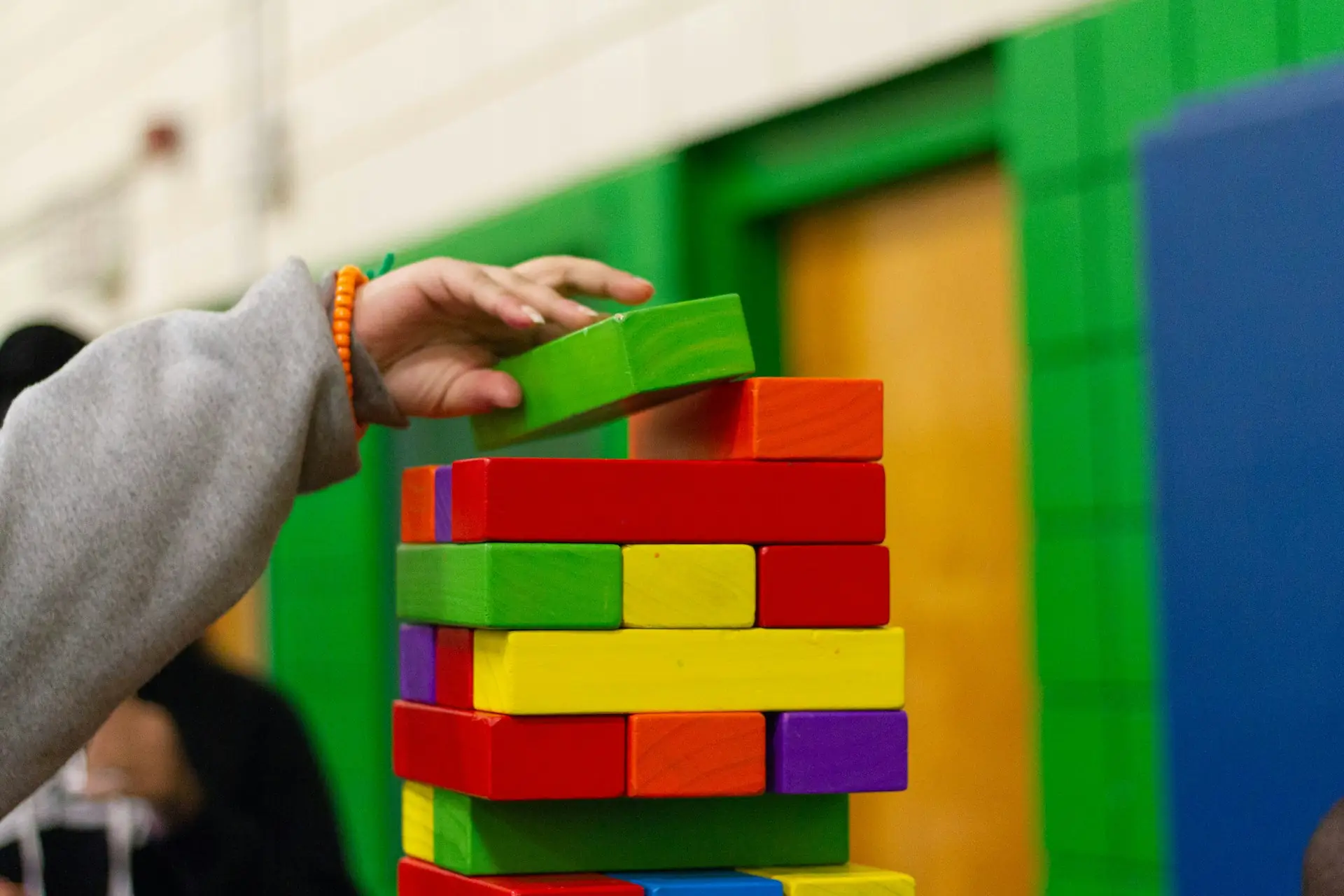What Every Homeschool Parent Should Ask.
As homeschooling parents, we pour our hearts into giving our children the best education possible. We carefully choose curriculum, plan lessons, and cheer them on through every “Aha!” moment. But when it comes to maths, it’s easy to wonder: Are we just checking boxes, or are we truly building a solid foundation that will last?
I’m here to tell you, it’s a question worth asking.
In my years as a maths tutor and educator, I’ve seen countless students – even bright ones – hit walls in high school algebra, physics, or even just everyday problem-solving. More often than not, the root cause isn’t a lack of intelligence. It’s a few key, foundational concepts that simply didn’t “stick” early on.
Why does this happen?
Traditional primary school maths teaching (and even some curricula) focuses more on getting the “right answer” now or following a prescribed process, rather than understanding the “why” or how one concept connects to the next. They might teach a procedure without fully explaining the fundamental idea behind it or linking it to what the child already knows. It’s like teaching someone to put a LEGO brick on top of another without them understanding that they’re building a stable structure that will one day support a roof.
What does this mean for your homeschool?
This is where homeschooling truly shines! You have the incredible opportunity to ensure those foundational concepts are deeply understood and securely cemented. You can take the time to:
- Connect the Dots: Teach the fundamental concept of measuring perimeter thoroughly today and then build on the idea and link it to area tomorrow and show how both are just different ways of using basic measuring skills.
- Emphasise the “Why”: Instead of just memorising times tables, help them see patterns and understand why multiplication works. Even better, show them how and why multiplication and division are related.
- Build Intuition: Use real-world examples (like measuring a room or buying wire for a fence!) to make abstract numbers meaningful. This is crucial for developing that “engineer’s brain” we all want for our kids!
- Get hands on! Use hands on explorations as much as possible to make the maths both meaningful and memorable.
- Focus on Process, Not Just Answers: Encourage them to explain their thinking, even if the answer isn’t perfect the first time. Mistakes are opportunities to learn!
- See the Long Term: Recognise that basic skills learned in the early years – like consistently writing units (cm, m) after a number – aren’t just for now. They’re laying the groundwork for complex problem-solving and even understanding physics years down the track.
Are your maths resources helping you build that strong foundation?
When choosing a maths curriculum, look for one that doesn’t just drill, but genuinely aims to build understanding from the ground up. One that:
- Is engaging and relatable: Because learning should be a joy, not a chore.
- Leverages hands on learning: Beyond the same old manipulatives to relevant and meaningful real world contexts.
- Breaks concepts down simply: Without oversimplifying the core idea.
- Prioritises those fundamental building blocks: Knowing where they lead in the long run.
- Is proudly Australian-made: Connecting learning to our unique environment and context.
At Milestone Maths, our entire curriculum is designed with this long-term vision in mind. As both a highly qualified engineer and an experienced tutor, I’ve poured my understanding of “where the fundamentals lead” into every page. We make maths simple, engaging, and deeply foundational for Aussie homeschool kids, ensuring they’re not just learning for today, but building for a lifetime of confident mathematical thinking.
Ready to ensure your child’s maths foundation is rock solid?
Try a sample today! (This is a sneak peak from Level D which will release on or before 30th Jan, 2026.)


